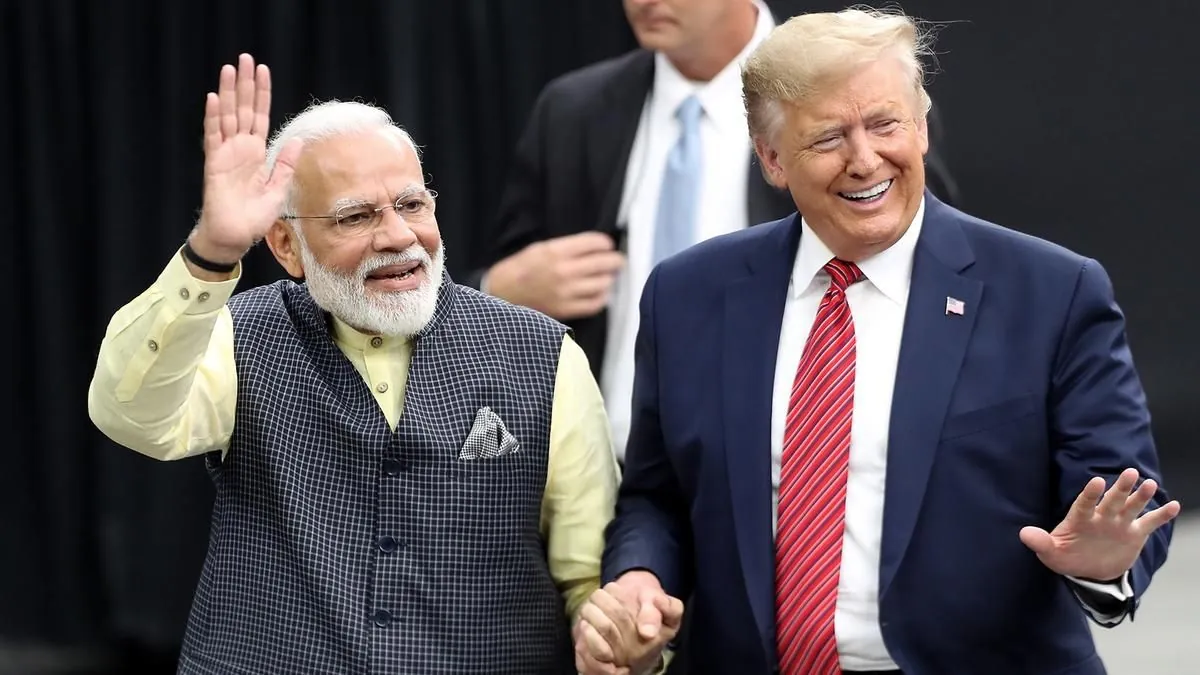Trump's return might reshape US relations with South Asian nations
US foreign policy in South Asia could see some changes if Trump returns to office but core strategy likely stays same. Recent sanctions on Indian firms and Canada-India conflict add complexity to regional dynamics

In the ever-shifting world of global politics Trumpʼs possible return to the White-House raises questions about US-South Asia relations. While many expect big changes the Indo-Pacific approach – which started during his first term about 4 years ago – will probably stay in-place
The US strategy towards South Asia shows interesting patterns: both Donald Trump and Joe Biden focused on building ties with regional partners to counter Chinaʼs influence. During Trumps previous term his Secretary of State visited small countries like Maldives (which shows how US tried to win-over every possible ally in the region)
Recent developments have made things more complex. The US government just put sanctions on 19 India-based companies and two people for their Russia-related business deals However‚ Washington didnt touch Indiaʼs oil trade with Moscow which shows how carefully US handles its relationship with New-Delhi
The Canada-India situation got worse when Canadian official David Morrison pointed at Amit Shah for running anti-Sikh activities. Then a Hindu temple in Brampton saw some trouble this month which made things even more tense
Pakistanʼs got its own problems:
* The state airline sale failed badly
* Only one company showed up at the auction
* They offered way less money than needed
* IMF wants the sale done but nobody wants to buy
In a rare positive development Maryam Nawaz – who runs Pakistanʼs Punjab area – suggested working with India on fixing air pollution issues. Both Lahore and New Delhi have really bad air right now; this could be a chance for the neighbors to work together despite their differences





























